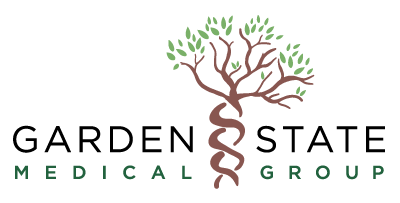You probably have heard the fuss about Platelet Rich Plasma (PRP) and how it is an effective solution for people who want to reverse the signs of aging on their skin. The procedure typically involves the injection of your platelet-rich plasma into your facial skin, which triggers the skin’s natural healing response and leads to rejuvenation.
Now you may be wondering if this is the right treatment for you. To help you decide, Nuluk Aesthetics will answer some of the questions that you might have about PRP:
How Is PRP Done?
This procedure consists of three simple steps:
- A small amount of blood (two to four tablespoons) is drawn from your arm.
- It is placed into the centrifuge that separates the platelets from other components of your blood.
- The blood layer with the highest concentration of platelets is re-injected into your facial skin or scalp; the dermatologist may use a syringe or microneedle for this.
Know that the whole procedure won’t take more than an hour to complete!
What Are the Benefits of PRP?
There are several benefits you can get from getting this treatment, including:
- Reduced lines and wrinkles
- Plumper and firmer skin
- Improved complexion
- Lightened or diminished scars
How Long Will It Take to Notice Results?
It might take anywhere between two and four weeks before you get the results. Once you do, they’ll last 12 to 18 months after you completed your initial three treatment sessions. However, if you want to see immediate results, you can talk to your practitioner to inject a filler with your platelets.
Who Is Eligible To Get PRP Treatments?
It is generally considered safe, but those who are suffering from these medical conditions should speak with their doctors before deciding to get PRP:
- HIV or AIDS
- Hepatitis C
- Blood or skin cancer
- Cardiovascular diseases
Because these conditions affect the platelets, those who have any of these medical conditions won’t be able to get the expected results from PRP.
Is It a Safe Procedure?
The treatment itself is safe. But the only risk comes from how the blood is handled. Because of this, you must choose a reputable aesthetic center that will ensure the proper handling of your blood, which should be kept sterile throughout the process.
In essence, the standards applied to handling your blood and platelets during this procedure must not differ from the strict standards of transfusion centers.
Are There Any Side Effects?
Because this procedure involves using the person’s own platelets, the possibility of experiencing adverse reactions is slim to none. If there’s any, it shouldn’t be anything more than minor irritation or pain on the injection site. Often, people who have had a PRP injection can go back to their daily activities right after the session.
Is It the Right Choice for Me?
This is perhaps the most important question you have and one that only your dermatologist can answer for you. As such, your dermatologist might have to make an evaluation of your skin to determine whether or not this procedure is a good option for you.
Conclusion
At this point, you now know that PRP is indeed a promising solution for people who experience tissue damage and signs of aging and want the benefits of rejuvenation. To that end, PRP is still in its early stages and even a bit of a controversial method. Because of this, keep in mind that it is not covered by insurance, meaning you’ll have to shell out some money to get this treatment.
If you decide to give platelet-rich plasma treatment a try, go to a reputable aesthetics center like Nuluk Aesthetics in North Bergen, NJ. Our team can do this procedure for you to rejuvenate your skin or address your hair loss problem. Get in touch with us today to see how we can help!


